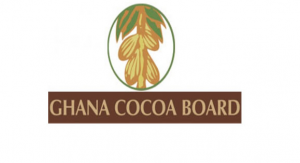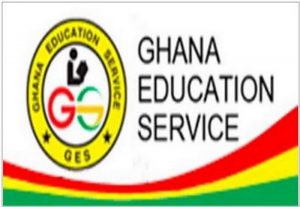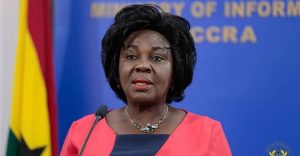A Chartered Certified Accountant and Certified Internal Auditor has bemoaned what he said is the ineffective manner in which the legal provisions on surcharge and disallowance of public officials and institutions have been so far executed by the office of the Auditor-General.
Comparing Ghana’s audit laws with that of the UK and Australia, Dr Valentin Mensah says that the clause on surcharge and disallowance is the single most significant clause that differentiates Ghana’s supreme audit system from the two other countries.
Sadly, however, that clause, he said has been both ineffectively and inefficiently executed to the detriment of Ghana’s public financial accountability.
Even though he commended Occupy Ghana and the current Auditor General Daniel Domelevo for the strides made in that direction, he was quick to add, the country will be better served only when the provisions on surcharge and disallowance are properly executed to stand eventual appeals by surcharged individuals and institutions in court and monies refunded to the public purse.
He was speaking during a panel discussion organized by the Accra West District of the Institute of Chartered Accountants under the theme: “The Independence of the Auditor General -A Critical Review.”
The discussion was part of efforts to mobilize members of the Institute to play a more active role in Ghana’s public financial accountability and administration.
Dr Valentin Mensah who was the main speaker chronicled the history of Ghana’s constitutional audit provisions from 1910 to the current dispensation, teasing out the highs and lows of the auditing regime in Ghana.
Even though Ghana’s governmental auditing laws have barely seen any change since 1969, the Chartered Certified Accountant maintained that Article 187(7) of the Constitution and Sections 18 and 19 of the Audit Service Act which provide for surcharge and disallowance are a masterpiece of supreme auditing legislation which would have saved the country from corrupt practice of public officials.
He was disappointed however at how the law has so far been executed.
It took years of agitation by Occupy Ghana and a ruling by the Supreme Court against the Auditor-General in 2017 to move that piece of legislation from a forgotten clause in the country’s constitutional provision on governmental auditing laws to one that could be operationalised by the Auditor-General.
Thankfully the current Auditor General, Daniel Domelevo, unlike his predecessors, was open to that clause and quickly move to operationalise it.
As a result, certain organisations and individuals were surcharged and the misappropriated funds disallowed by the Auditor General.
The Senior Minister Yaw Osafo Maafo had the $1 million Kroll and Associate contract sum for auditing investigation disallowed.
However, for that piece of law to be deemed to have been successful, the Auditor General must be able to defend the appeal case against the surcharge and disallowance in court and have the monies duly refunded to the State.
But that seems to be another high hurdle to clear, one the current Auditor General has not been able to surmount at least for now due to lack of sufficient audit evidence or for not following due process.
Mr Daniel Domelevo only recently threatened to surcharge and disallow public funds paid to beneficiaries of the GETFund Secretariat but nothing has come out that for now.
Dr Valentin Mensah said unless such monies are refunded to the state that law is still being inefficiently executed.
He charged the Office of the Auditor General to move beyond just issuing certificates of surcharge and disallowance to alleged misappropriated funds by public officials and build a solid case in court with adequate audit evidence to back his claims and defend the eventual appeal cases.
“That is an area which requires audit expertise; we cannot just issue the disallowance certificates only to have the reports and certificates nullified in court,” he said.
Contributing to the discussion on Zoom, other members of the Institute of Chartered Accountants also bemoaned the seeming tension between the executive and the Office of the Auditor General.
They would want Parliament to play a more prominent role than it is playing now to ensure the independence of the office of the Auditor General is protected.
Isaac Charles Acquah, also a Chartered Accountant and a discussant, did not understand why the Auditor General must be answerable to the Board of the Audit Service.
He insisted that the AG must remain independent as demanded by law. He however cautioned the current Auditor General to be careful in the discharge of his duties.
He said for the Auditor General to implement the laws of his office, he must also be seen to be respecting the same laws that regulate his office.
The Zoom discussion was observed by over 60 members of the Institute, including Mrs Dinah Yarboi President of the AWDS and Dr Cynthia Sallah also a member of the Institute’s Council, Dr Joe France, who was also another discussant, and Dr Ali Nakyea, a renowned tax expert.







